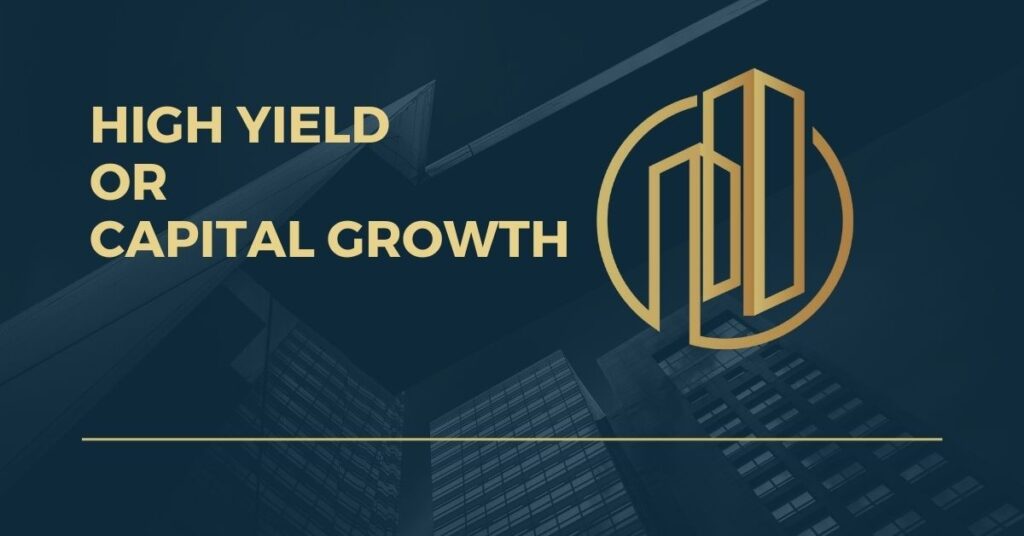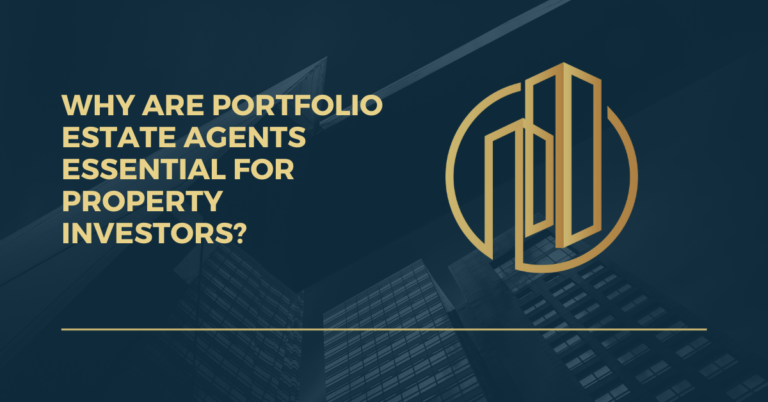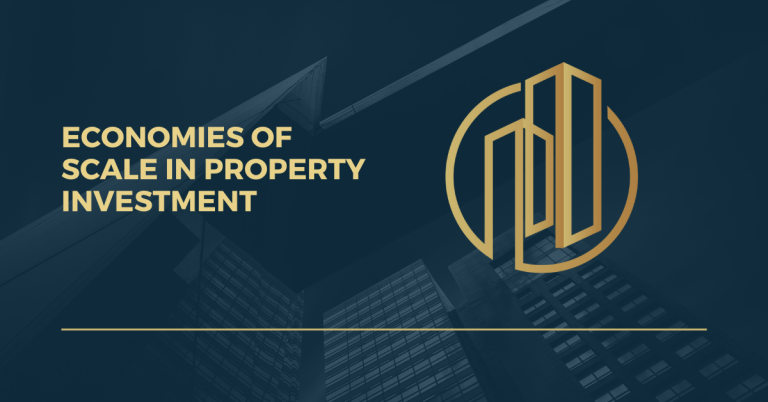It’s an ongoing debate that’s been battled out over many a coffee over the years by property investors across the country. The debate is do you buy for High Yield or Capital Growth? In other words, should you buy a high-yielding property or a property that will increase in value? Both avenues have their pros and cons so let us take a closer look and help you decide which side of the fence you sit on.
Firstly, what do we actually mean by High Yield or Capital Growth?
Rental yield is essentially the amount of money you make on an investment property by measuring the gap between your initial costs and the income you receive from renting out your property.
Capital growth, or capital appreciation, is an increase in the value of an asset or investment over time. Capital growth is measured by the difference between the current value, or market value, of an asset or investment and its purchase price, or the value of the asset or investment at the time it was acquired.
High Yielding Properties
The first point which makes this argument almost impossible to resolve is that everyone will have a differing opinion on what they would regard to be “high yielding”. If I had to put a figure on it for the Scottish Market, I would say anything in double-figure gross yield can fit this category.
Pros of High-Yielding Property
- The higher the yield then the better return you will be getting on your investment, you will be making more money per pound invested than you would with a lower-yielding property.
- These higher-yield properties are usually marketed in a much lower price bracket and therefore a more affordable option for an investor.
- Lower-priced properties with cheaper rents come with lesser expectations on the quality of fixtures, fittings and furnishings. This means that the cost of preparing the property for let and any replacement and repairs are much less.
Cons of High-Yielding Property
- Lower value means higher affordability but also increases competition in the market and therefore they can be harder to buy.
- There can be a higher turnover of tenants as they may look to upsize or move closer to bigger cities.
- High-yielding properties are often linked to more problematic tenancies, this includes properties being left in poor condition, rent arrears and refusals to vacate.
Capital Growth Properties
In Scotland, properties with high and consistent capital growth are primarily in Edinburgh and Glasgow. There are of course aspects of capital growth in surrounding areas such as Fife, Dundee and Stirlingshire however not to the same extent. In addition to this, there are also some dark horse towns such as Motherwell and Hamilton which are currently thriving.
Pros of Capital Growth Properties
- Very stable and secure long-term investments. You can sleep easily at night knowing that you have one of the safest forms of investment available.
- Capital growth is natural. You don’t need to rely purely on the income from the tenancy to make money.
- The areas and tenant demographic for higher-value properties which offer higher capital growth are often more reliable and in general, they often have less hassle and less problematic tenancies. There are, however, always exceptions to the rule!
Cons of Capital Growth Properties
- Properties that offer higher capital growth are often in areas that demand a much higher price tag. Once you add on the ADS, they can be expensive investments to get hold of.
- As the purchase price is usually high, this means the yield is usually low. If you are looking to get a quick return on your investment through the rental income then you’re looking in the wrong place.
- With higher values and higher rents come higher tenant demands and larger properties. This means that the costs of furnishings, fixtures and fittings are much higher and you need to go the extra mile to meet expectations. The tenant needs to get what they are paying for.
Ask an Expert
In order to get a full understanding, we reached out to John Morris for his take on the argument. John is a seasoned investor and Property Consultant with extensive experience in the Scottish Property Market and has spent well over a decade in the auction property industry and valuing properties across the country.
LinkedIn – linkedin.com/in/john-morris-37792333
Instagram – john_property_auctioneer
Here’s what John had to say about High Yield or Capital Growth;
“High yield properties allow you to build back your cash quickly to reinvest, once you have enough of them you can then buy higher ticket properties that will likely not yield as well but will provide greater growth over the long term.
The most common conception of issues with “High Yielding” properties can be that they are in tertiary areas and therefore tenant turnover can be high and tenants may cause more damage than in higher worth properties that yield lower.
A landlord should have a diverse portfolio of higher-worth properties with lower yields alongside lower value properties with high yields.”
Summary
There is no right or wrong way to invest in property, the question isn’t ‘High Yield or Capital Growth’ but ‘Why are you investing in property?’.
The higher-yielding properties will give a quicker return however they don’t come without their problems and they will need a lot more attention. The properties aimed at Capital Growth are for the long-term win and allow peace of mind with less work. It is, however, much harder to build or scale your portfolio as the equity in each property is greater and takes longer to draw out.
If you are starting out in property investment then read more about buying a property portfolio here and find more of our ‘Getting Started’ blogs here.
As always, we would be happy to have a chat so please make the most of our Book A Call Page to get in touch!








